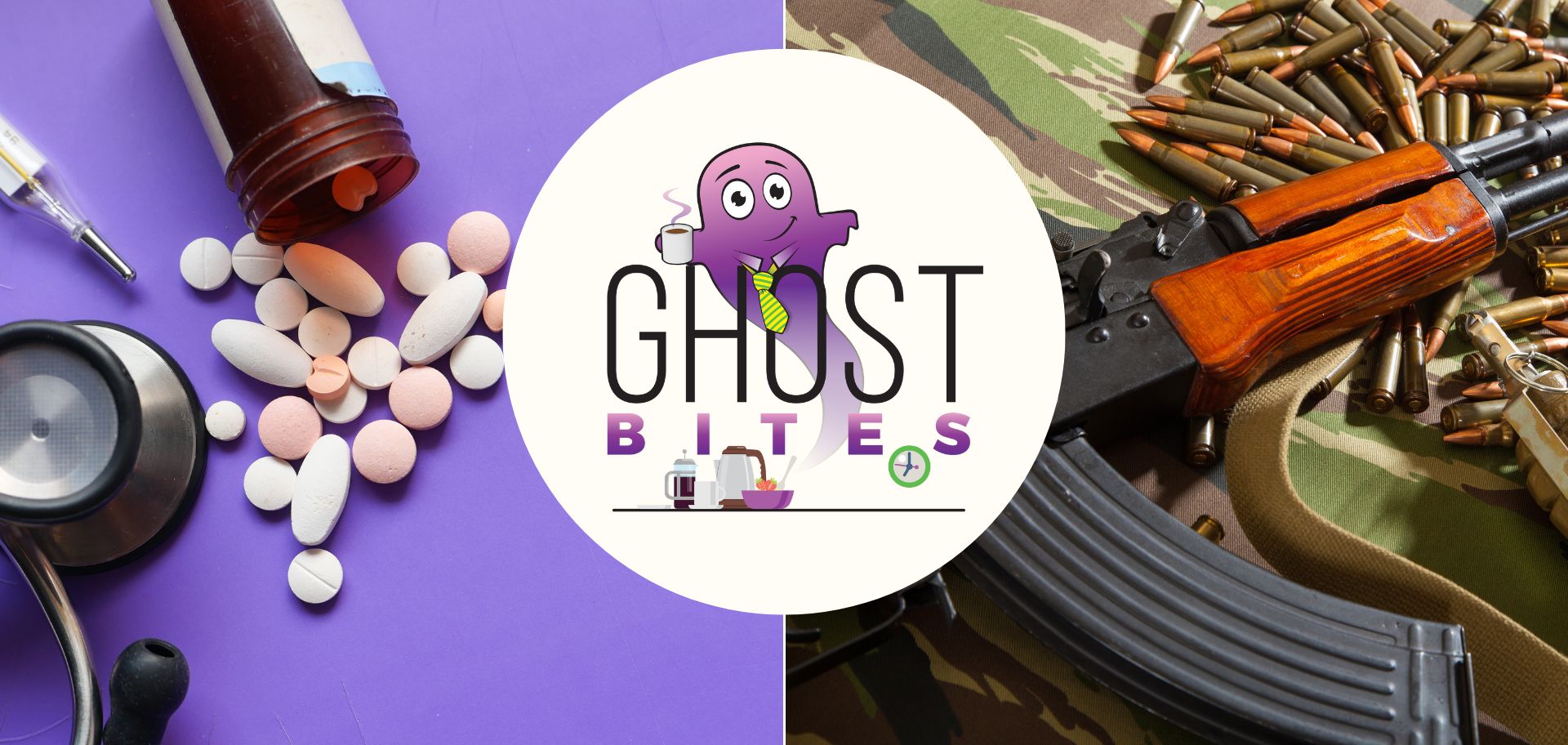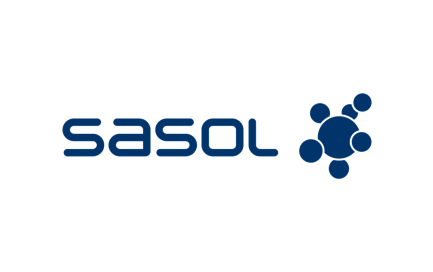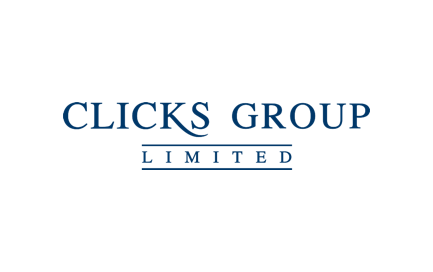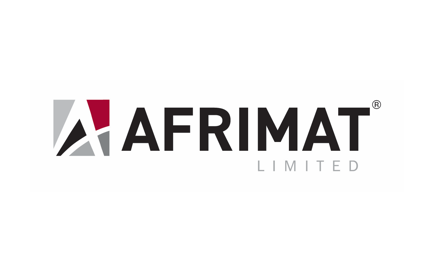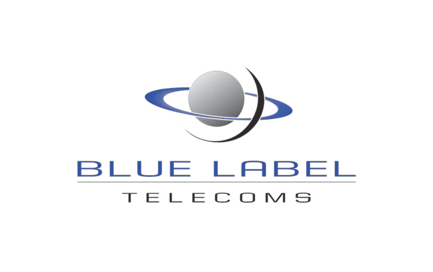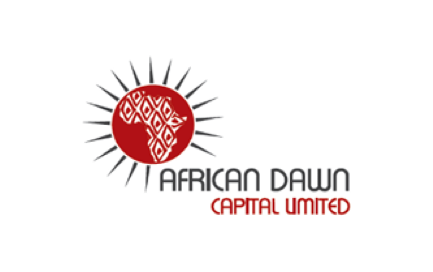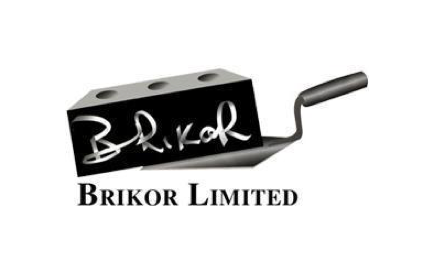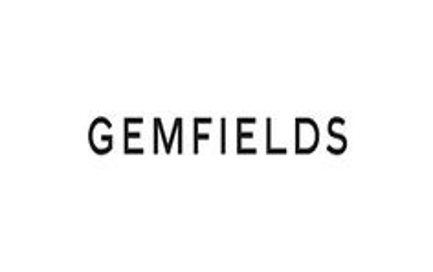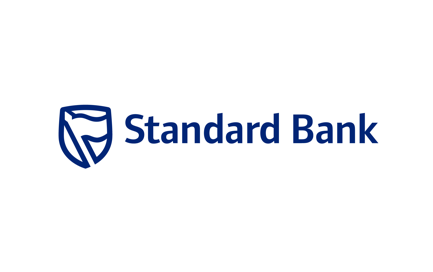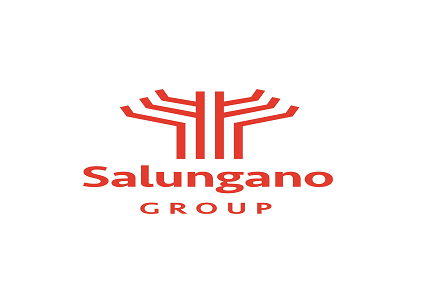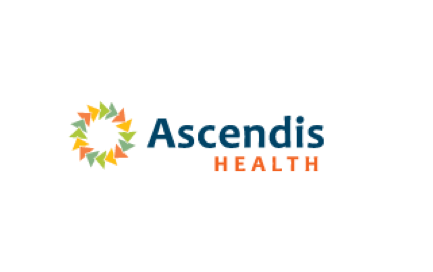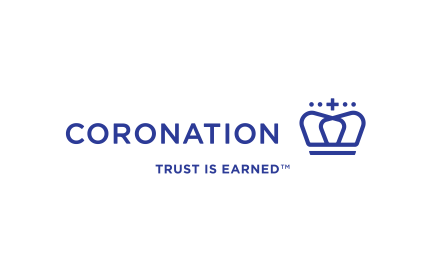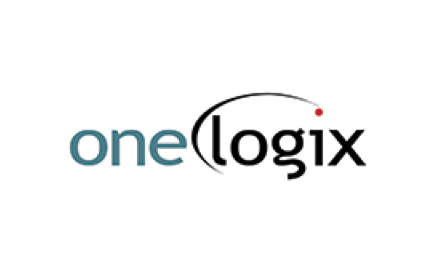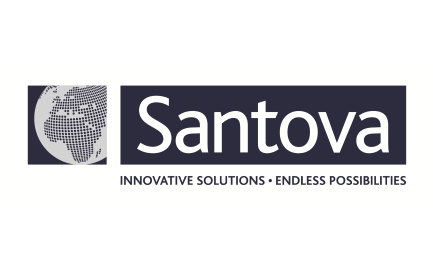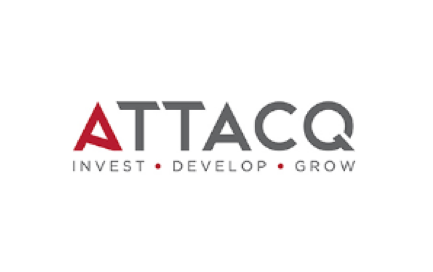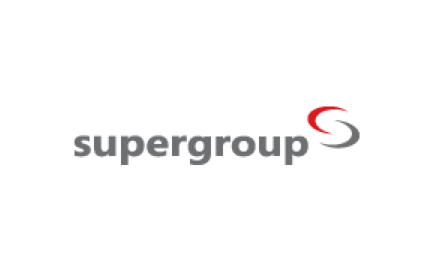If you enjoy Ghost Bites, then make sure you’re on the mailing list for a daily dose of market insights in Ghost Mail. It’s free! SIGN UP >>>
Clicks rallies 5% based on annual results
With a dividend up 30% and return on equity of 48%, it’s another big result for Clicks
Well, the results are in. Making people wait in incredibly long queues is clearly good business, with a ticketing system that forces them to browse the shelves while waiting.
There’s a base effect in this Clicks result that saw retail turnover increase by 11.7% in the year ended August. The comparable period included Covid and the riots in KZN, so that is obviously flattering for the year-on-year growth rate. Another important point is that Covid vaccines contributed a 3.5% uplift in retail sales.
Retail margin fell by 30 basis points because of the dilutionary impact of the vaccines.
In case you’re wondering if vanity is still a thing, the beauty category recovered strongly. There are no Zoom beauty filters available when walking around the office instead of attending online calls!
The blemish in this result was in the UPD business, where distribution turnover declined by 2.6% because of the base effect of strong demand for medicines during the severe waves of Covid. Margin expanded by 50 basis points in this business. Inventory levels were higher due to lower than expected demand in the hospital channels, so that had a negative impact on cash from operations.
Adjusted total income grew by 9.8%, with total income margin up by 90 basis points to 27.7%. Clicks is still achieving incredible margins.
HEPS from continuing operations increased by 30.1% to 1,033 cents and a final dividend of 457 cents has been declared. The total dividend for the year is 637 cents, up 30% in line with HEPS.
Clicks does make an effort to adjust for the impact of civil unrest. With that out of the picture, the group believes that diluted HEPS would’ve been up 11.9%.
There’s no stopping this group, with the long-term target increased from 900 to 1,200 stores. There will be between 40 and 50 new stores and pharmacies opened each year. Along with refurbishments of stores, this is the main driver of record planned capital expenditure of R936 million for the new financial year.
The share price rallied more than 5% on the day. It is down 8.5% this year and still trades at a huge valuation multiple of over 28x earnings.
Coronation’s AUM drops further and earnings are down
Investment management firms are high beta stocks, as earnings are impacted by market values
As an asset management firm, Coronation’s earnings are tied to the movements in the broader market. The other variable is net flows from investors, which is an important measure of success (or failure for that matter).
Coronation’s recent AUM trend is as follows:
- Dec 2021 R662bn
- Mar 2022 R625bn
- Jun 2022 R580bn
- Sep 2022 R574bn
For the year ended September, fund management earnings per share will decrease by between 10% and 20% vs. the prior year. The headline earnings per share (HEPS) movement is worse, as it includes mark-to-market movements on investment securities held. This is expected to drop by between 20% and 30%.
This implies a HEPS range of 341.5 cents to 390.3 cents. At the closing price of R31.20, this means a Price/Earnings multiple of between 8x and just over 9x.
A worst nightmare situation at Gemfields is possible
The insurgency in northern Mozambique is now right on the company’s doorstep
Just yesterday, we saw a stark example of the risks of operating in Africa through bad behaviour by the government in the Republic of Congo towards Kore Potash. That’s mild in comparison to what is playing out in Mozambique.
Letters from ministers are one thing. Live ammunition is quite another.
Gemfields has been keeping the market informed about this risk, so full credit to the company for that. In recent financial reporting, the country even notes that it would be a going concern (i.e. can stay afloat) even if it loses access to the ruby mine in Mozambique. Of course, that would be cold comfort for shareholders as the market cap would surely plummet in that situation.
The guns are a lot closer than before, with an attack at the neighbouring ruby mine belonging to Gemrock, which lies 12km south-east of the operations of Montepuez Ruby Mining Limited, in which Gemfields holds a 75% interest.
Mining at the site has ceased and personnel are being evacuated. The Mozambique police force is on site and the military are apparently arriving.
The share price fell 6% on the day. This tells you that the market is already putting a modest value on the Mozambique assets because of the risk.
Santova is still growing and is worth over R1bn
The company is looking for a new CFO, so get your CV updated
Santova’s share price has been a rare success story on the market this year, registering a gain of over 44%. It has more than doubled in the past year, as this JSE small cap blossomed into a R1 billion market cap group.
The latest news is a trading statement for the six months to August 2021 that reflects HEPS growth of 56.2% to 66.2%. This is a range of 75.22 cents to 80.03 cents vs. a current share price of R7.41.
On an annualised earnings multiple, Santova continues to look “cheap” – this is typical of JSE small caps. The market is also worried about where we are in the cycle regarding supply chains, though Santova can still grow forever if it just keeps winning market share.
CFO Robin Herselman is leaving the group to move offshore and pursue new interests. The process to appoint a successor has commenced.
Sasol suffers a bloody nose
An 8% drop in one day won’t please investors
Energy companies are volatile beasts. Since the beginning of June, Sasol has shed a third of its value. Ouch.
The latest update includes production and sales performance metrics for the three months to September. The pain in the share price is likely because of the additional commentary provided in the SENS announcement. When words like “force majeure” and “fire” are found in the same announcement, you’re going to have a bad time.
Transnet has invited almost everyone to its force majeure party, throwing its hands in the air and apologising for contributing to a rapidly failing state. This has led to Sasol declaring force majeure on the local supply and export of certain chemical products, which in turn has impacted production rates at plants in Secunda and Sasolburg.
Thankfully, the Natref refinery continues to operate. We are all about the silver linings in South Africa.
The real silver lining is that Transnet and the majority trade union concluded negotiations a few days ago, so port and rail activities have commenced. At this stage, the backlog in the South African value chain is significant and Sasol cannot quantify the impact.
The name “Lake Charles” is back, this time with a fire at the new Ziegler alcohol unit. The fire was extinguished and there were no injuries, but Sasol hasn’t given details on the extent of damage and the timeline for repair.
Some Sasol shareholders will feel like looking for that alcohol unit and tucking in.
Little Bites:
- Director dealings:
- A prescribed officer of Standard Bank has sold shares worth over R1.5 million.
- The CEO of Super Group has bought shares in the company worth just R48k, perhaps using the change found under his car seat.
- There is finally a deal on the table for OneLogix, a company that has been trading under cautionary for far longer than the average UK politician stays in power. Jokes aside, the first cautionary was in December 2021! This is essentially a management buyout (and delisting of the company) at a price of R3.30 per share. The rationale is that OneLogix derives “limited value” from its listing, as liquidity is low and the ability to raise capital is limited. Listings are expensive to maintain, so it becomes hard (or impossible) to justify being listed in such a situation. The price is a premium of 37.5% to the closing price in December before the cautionary came out. Irrevocable undertakings have been received from holders of 40% of the voting class (which excludes management and the B-BBEE partners).
- Afrimat has confirmed that implementation of the initial phases of the Glenover acquisition is going well. Feasibility studies for follow-up phases have yielded “pleasing results” thus far. The board of Afrimat has approved the acquisition of Glenover shares and the company has exercised its option in this regard. There are major regulatory approvals required (Section 11 MPRDA and Competition Commission), with a long-stop date of 30 April 2024. That year isn’t a typo. From 31 July 2023, interest is payable on the purchase price of R300 million.
- Brikor closed 10.5% higher after giving more details around its cautionary announcement. We now know that there’s a potential deal to acquire all the shares in Brikor. The key word here is “potential” and we have no idea yet on pricing, so proceed…with caution!
- In the latest odd story on the JSE, Salungano Group wants to sponsor the Venda Football Academy for an amount of R15 million over three years. The CEO of Salungano Group also happens to be the founder and majority owner of the academy. This is to position the Salungano brand in the market, after the company decided to rebrand from its old (dirty) name of Wescoal. Merchantec acted as independent expert and determined that the terms of the deal are fair to shareholders, so no shareholder vote is required as this is a small related party transaction. As for whether a company should be spending 3% of its market cap sponsoring local soccer, you’ll have to decide that for yourself. The share price dropped 4% as some investors voted with their feet.
- Anglo American has signed a memorandum of understanding with Thyssenkrupp Steel Europe (a longstanding customer) to work on ways to decarbonise the process of steelmaking. The idea is to do joint research on certain manufacturing processes, as this would help reduce the carbon impact of Anglo’s iron ore products. I must say, I have great admiration for Anglo’s approach to carbon emissions. Instead of just paying lip service in the annual report, the company is actively investing in new technologies (and not just solar panels either).
- African Dawn Capital has raised R1.9 million through the issuance of new shares representing 10% of issued share capital. The price was 30 cents per share, a premium of nearly 67% to the 30-day volume weighted average price (VWAP).
- Gary Harlow has resigned from the board of Blue Label Telecoms after more than a decade of service.
- Theunis de Bruyn of Calibre Capital has been appointed to the board of Ascendis Health. Calibre is now a material shareholder in Ascendis.
- The chairperson of Attacq will step down within the next 24 months, with Allen Swiegers (a member of the Audit and Risk Committee) nominated as his replacement.
- The Chief Operating Officer of Eastern Platinum Limited has resigned from the company. Haiying Wang will step into the role, bringing in two decades of international experience.

